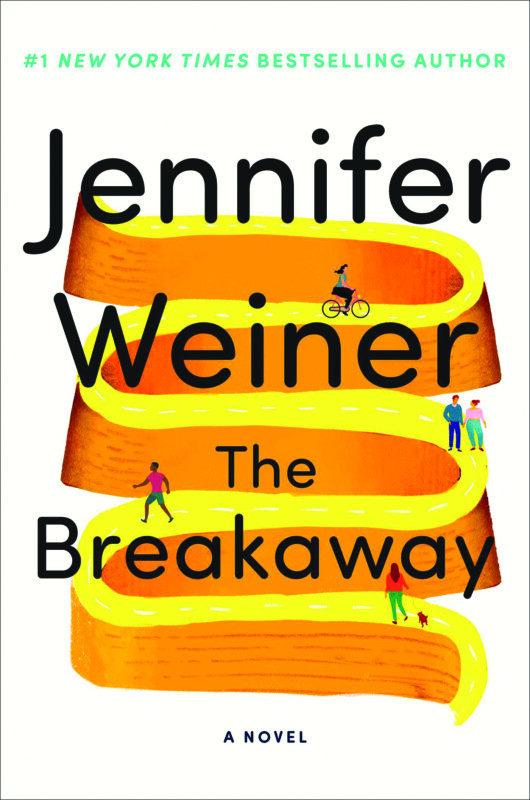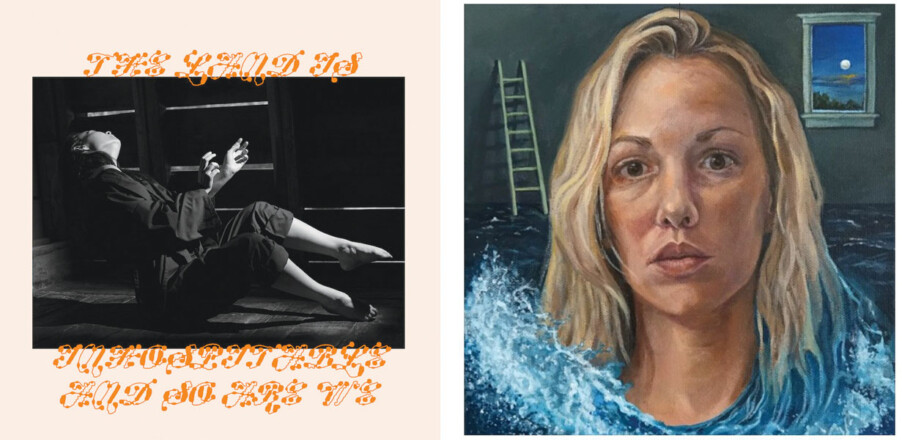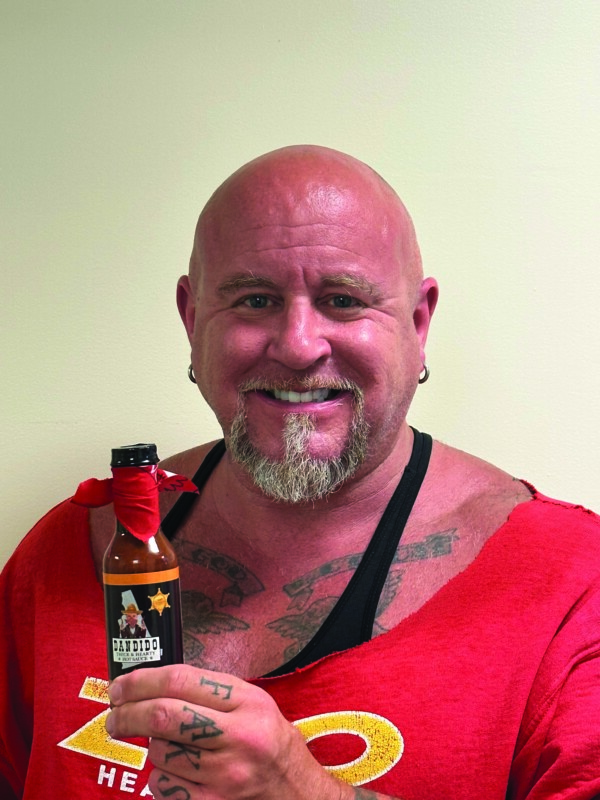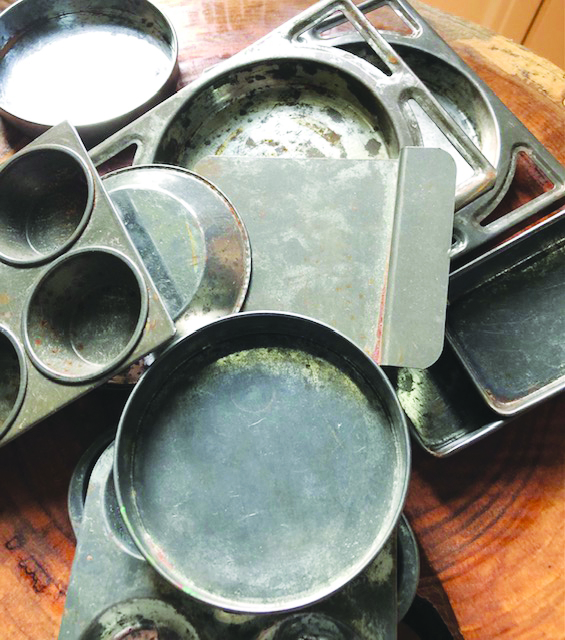The Breakaway, by Jennifer Weiner (Atria, 387 pages)
Not many novels get reviewed by Bicycling magazine, especially not ones by Jennifer Weiner. But the author of books such as Good in Bed and The Guy Not Taken has written what she calls “a love letter to cycling, and to traveling,” and the magazine took note.
The Breakaway, Weiner’s 20th book, is about a 33-year-old woman who is asked by a friend to lead a group of cyclists on a two-week trip from New York City to Philadelphia. Abby Stern, who pieces together a living walking dogs and picking up other unfulfilling gig work, has nothing better to do and needs the money — and also the chance to get away, because her boyfriend has just asked her to move in with him.
Although everything seems perfect on paper, Abby is hesitant and can’t figure out why. Mark is a podiatrist who adores her. He’s a fitness buff who runs 6 miles each day, so good-looking that when they’re out together others look at them quizzically, as if they can’t figure out why these two are together.
Ironically, they met as teenagers at a weight-loss camp, but later lost touch. Mark went on to have weight-loss surgery and develop a lifestyle so rigid that he never eats dessert; when he wants something sweet, he brushes his teeth or uses cinnamon-flavored dental floss. Abby, meanwhile, has come to be comfortable in her plus-sized skin, and she enjoys eating, despite having a mother who has tried to make her thin since childhood.Abby’s relationship with her mother is fraught, mostly because Eileen is, in Abby’s terms, “a professional dieter,” so scared of gaining weight that she picks the croutons off her salads as if they were slugs. Although Eileen insists she shipped Abby off to weight-loss camps each summer because she wanted “what was best” for her daughter, Abby just wanted unconditional love, which she didn’t get from her mother.
So when Eileen shows up unexpectedly for the bike trip, insisting that she just wants to spend some quality time with her adult daughter, Abby is suspicious and more than a little stressed.
But a bigger problem is a man who joined the group — someone Abby had a one-night stand with two years earlier.
This is not a surprise to the reader since, when Abby went to the man’s house, she had observed a high-end bicycle hanging on the wall. Some might call this foreshadowing. I call it an announcement that readers aren’t going to have to think too hard in the pages that follow.
It was pretty much a given that the one-night stand, Sebastian, would later show up to complicate Abby’s perfectly arranged life, given his juxtaposition with Mr. Boring But Nice.
But Weiner is a pro and her characters are surprisingly nuanced — not only the leads but also the supporting cast. The others who have signed up to ride the Empire State Trail — which is real and is the longest multi-use trail in the U.S. — include an evangelical Christian mom and her moody teen, two older couples who do a bike trip together every year and call themselves “The Spoke’n Four,” and a couple with two teenage boys.
There is a side plot involving Sebastian, who, during the trip, has gone viral on TikTok because of a video made by a vengeful former hook-up. This complicates the (utterly predictable) feelings that Abby and Sebastian have for each other even more than the presence of her Spandex-wearing mother does. And there is also a side plot involving a teenager in the group and a pregnancy that disappointingly devolves at times into a thinly veiled screed against the overturning of Roe v. Wade.
It’s not unusual for Weiner to delve into the political in her novels, which are staunchly feminist and often feature characters who have been shamed for their weight. She writes authentically about this because she’s been there. As she told one interviewer, “I wanted to write about the women I was seeing in the world who were fat and strong and beautiful and powerful and had great jobs and loving relationships because those were the books I needed when I was 14 and 15 and 16 years old.”
She also writes authentically about cycling, a love of hers that she rekindled during the pandemic. The book is dedicated to “all the riders and leaders of the Bicycle Club of Philadelphia,” where she lives.
Weiner is the sort of writer people call “relatable,” as are her characters. Her novels are not highbrow, but then neither are most of us, and she is undeniably a master of her genre. Unfortunately, the subtle political asides (such as a character deriding a “dead-white-men” tour of historical sites) sometimes seem like a way to add gravitas to what is, in essence, a beach read. The story would be fine without what can come across as preaching.
The takeaway from The Breakaway, however, is pretty simple: bicycling is good, people are complex, and we can make our own happy endings. Also, life is short: eat dessert. B






